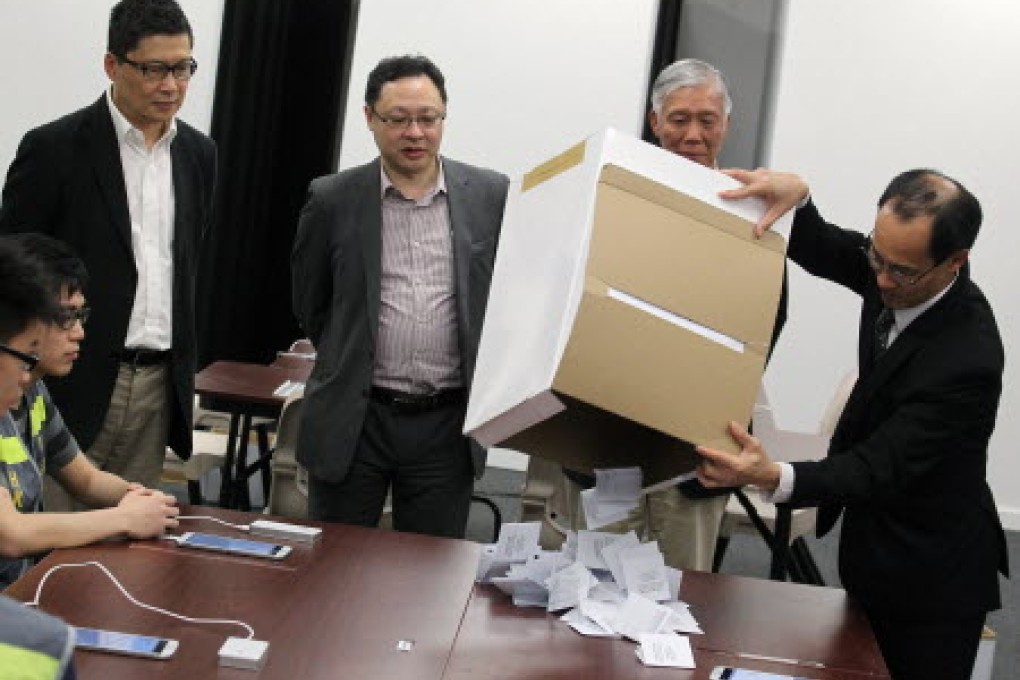Mutual trust the only way to resolve electoral reform impasse
To build consensus, we need first to be willing to talk to one another

Simon and Garfunkel's classic The Sound of Silence has been looping in my head of late. The lines from the song - "people talking without speaking … people hearing without listening" - seem to speak of the impasse of the 2017 universal suffrage consultation.
The government invites people to talk to achieve a shared vision of universal suffrage. But to engage people to communicate meaningfully in a fragmented society suffering from deep identity and governability crises is a mission impossible.
How can consensus-building proceed if there is neither basic trust among the people nor willingness to talk to and understand each other? The lack of trust between the people and the government is evident. Even among those who hold similar values and aims, the foundation of trust appears shaky.
While some, including the government, are obsessed with the threat of an imagined social disorder that the Occupy Central movement might cause, the progressives see the campaign as inefficacious and its organisers meek. Others have mixed feelings and some find it hard to understand its cause.
If there is a positive thing to say about the movement, it is its attempt to ask the people to deliberate based on values, principles and rules: the International Convention on Civil and Political Rights' requirements of genuine electoral democracy and the Basic Law. In a sense, it echoes the Bar Association's well-thought-out opinion based on the ICCPR, the Joint Declaration and the Basic Law.
The efforts Occupy Central has made so far are in fact intellectual, asking people only to think, choose and act through voting. It is hard to conceive it as preparing for a crime.
Relying on the opinion of a group of independent international constitutional experts, Occupy Central has accepted 15 proposals for the chief executive poll, put forward by various parties as being ICCPR and Basic Law compliant.